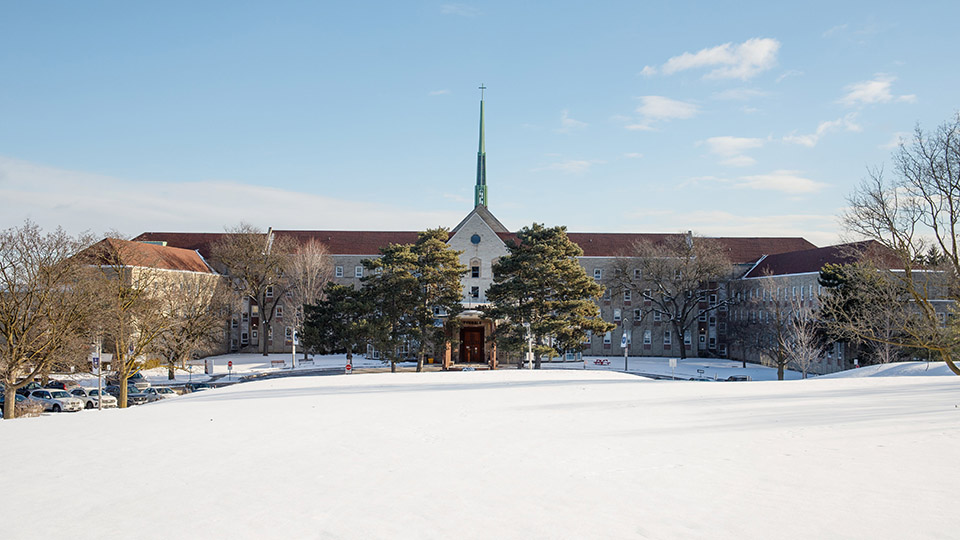As Tyndale turned 130 last year, it paused to reflect on the important kingdom significance it has had since 1894, and to consider God’s provision over the past year.
Enrolment
Last fall, Tyndale experienced its largest incoming undergraduate enrolment since 2020, and the percentage of those who were eligible to return and enrolled grew by 5% year-over-year. The seminary/graduate enrolment is now the highest total headcount – a total of 925 students – in our history. It experienced its highest new student incoming class since the fall of 2020, and also had very strong DMin enrolment over the past two years, which has contributed significantly to the total enrolment growth.
New Programs
Tyndale launched four new Bachelor of Arts programs in Media Arts last fall in Production, Fine Arts, Business, and Media Ministry, along with two new Master of Arts programs in discipleship, and historical and theological studies. Tyndale’s five-year academic plan continues to unfold, with new programs being added annually. These new programs help drive increased enrolment, which attracts more students to the life-transforming experience of a Tyndale education.
New Centre
The Tyndale Centre for Grief and Loss held its grand opening on the Tyndale campus early last year. Under the directorship of Dr. L. Keith Taylor, the Centre is “committed to accompanying those who mourn as well being a resource for the church, professionals and the general public; to accompanying the broken-hearted, to affirm and validate their grief journey; and to assisting mourners – not telling them how to feel or think – but leading with compassion and empathy the principles and feelings of grief.”
Tyndale Green
Tyndale Green, a property development initiative that Tyndale University has been planning for some time, is set to turn underutilized portions of the university campus into an approximately 1,500 rental unit community. Its vision includes both market-rate and affordable-housing units, with ravine preservation, environmental sustainability, community access, and sustainability of the university as driving principles.
Construction of the first buildings has begun, and is expected to be completed and occupied by 2028, after which Tyndale will start receiving an annual return through the Tyndale Green Trust, which will grow over time as more buildings are completed and occupied.
In the meantime, the Tyndale Green Trust has provided an advance sufficient to enable Tyndale University to pay off all its existing debt!
“We invite you to pause in this moment with us and acknowledge just how significant this is in the life of Tyndale University,” says Dr. Marjory Kerr, President and Vice Chancellor. “We celebrate and are so very grateful to God for the provision of these funds and the elimination of our debt!”
Finances
In the years leading up to the pandemic, Tyndale was blessed to receive significant revenue from the rental of the high school. During the pandemic, the school received significant subsidies from the government and, in 2023, it was the recipient of a generous gift by way of a mortgage. However, there will be no additional revenue from these sources going forward.
At the same time, Tyndale, like many charities across Canada in this challenging economy, experienced a decrease in donations, especially at the end of 2024 when Canada Post went on strike during the Christmas season. In addition, the Tyndale Green development won’t provide additional revenue until the first buildings are completed, and apartments are occupied.
This is the “in-between” that Tyndale University finds itself in – living without the revenue sources of the past several years and declining enrolment during the pandemic, with a future outlook of growing enrolment, launching new programs that will attract more students, and new future revenue from Tyndale Green.
All the while, Tyndale – where students receive a distinctly Christian educational experience, are challenged to ask and explore difficult questions, and where they develop the ability to think analytically while integrating their theological and biblical understanding – continues to lookonward to impacting future generations.
